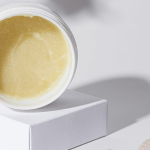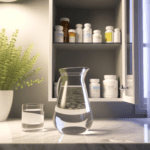The inviting azure of a swimming pool beckons many, especially on a warm day. But while that crystalline water promises a refreshing dive, it also hides a silent actor – chlorine. This chemical, responsible for keeping our pools clean, might have some not-so-friendly effects on our intimate health. Let’s dive deep into understanding chlorine’s role in swimming pools and its impact on vaginal health.
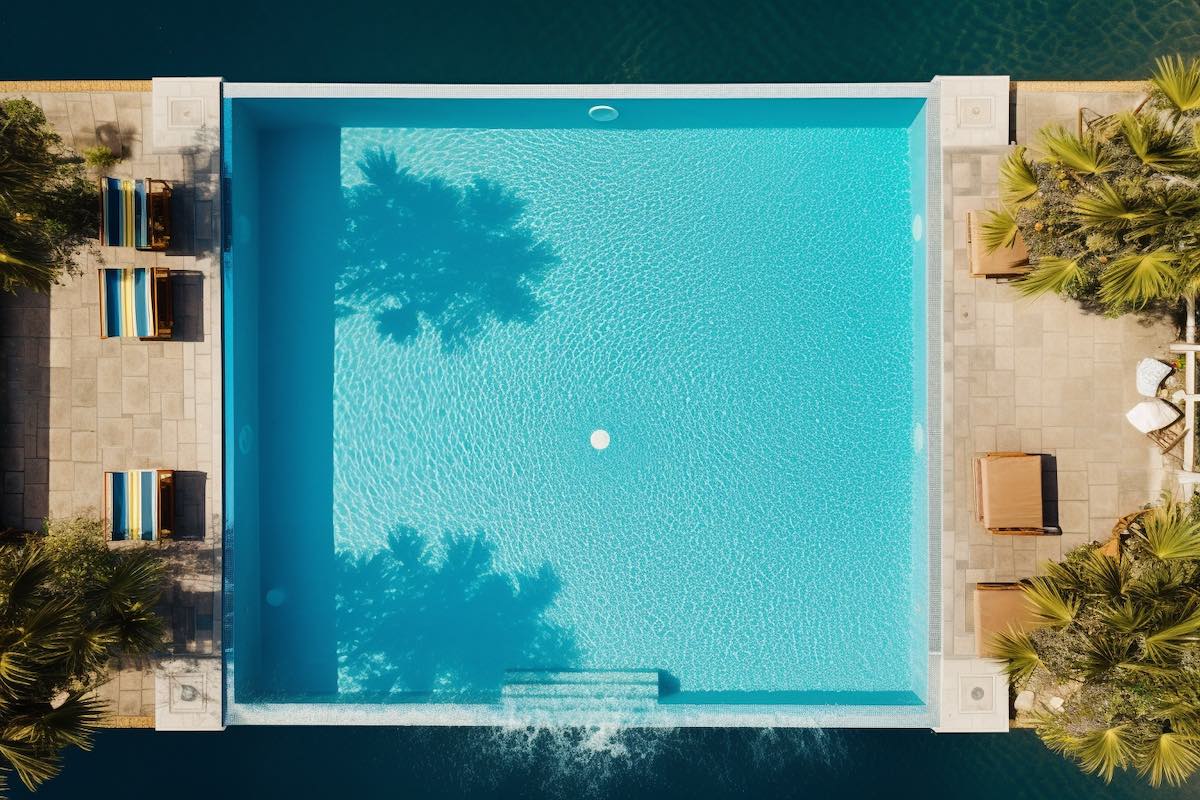
Introduction to Chlorine and Pools
Chlorine’s primary role in swimming pools is as a disinfectant. It effectively kills harmful bacteria and other microorganisms, ensuring the water remains safe for swimmers. As a potent chemical, chlorine breaks down the cell walls of harmful pathogens, rendering them harmless. This ensures that waterborne diseases don’t spread among swimmers. From the Olympics to our backyard, chlorinated pools are the norm worldwide, making it essential to understand their effects on our bodies.
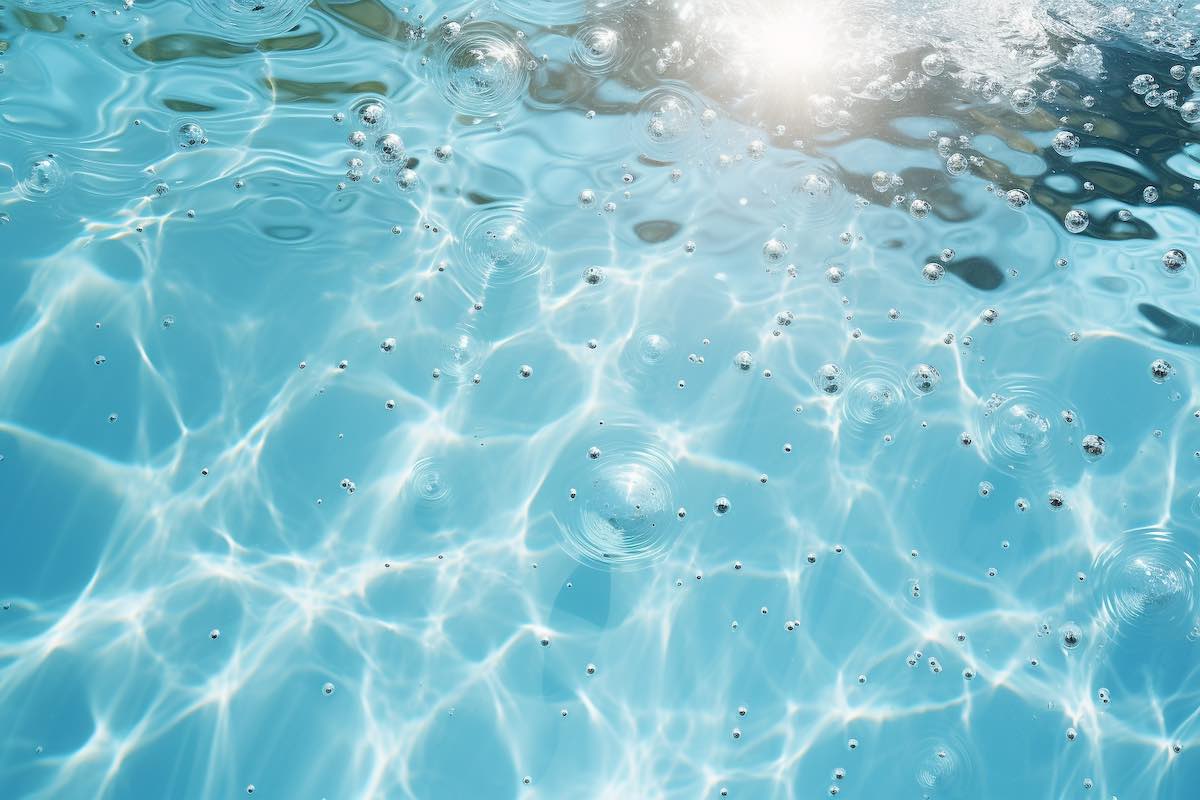
Chlorine’s Impact on Vaginal pH
The vagina maintains a slightly acidic pH, crucial for preventing infections and ensuring a healthy environment. It’s nature’s way of keeping things in balance down there. Chlorine, by its nature, is alkaline. When introduced to the vaginal environment, it can disrupt the pH balance, making it more susceptible to infections.A disrupted vaginal pH can lead to bacterial vaginosis, yeast infections, and increased discomfort. It’s akin to disrupting the ecosystem of a rainforest.
Direct Irritation and Infection Risks for the Intimate Area
Chlorine can act as an irritant, especially on the sensitive mucous membranes of the vaginal area. The immediate aftermath might include itching, dryness, or a burning sensation.
As chlorine disrupts the natural pH and flora of the vagina, it can pave the way for opportunistic yeast to thrive, leading to infections.
Chlorine can also make the vaginal area more susceptible to urinary tract infections (UTIs) and other complications.

Prevention and Protection Strategies for Vaginal Health
Showering before and after swimming
A quick rinse before your swim can minimize the amount of contaminants your body introduces to the pool, and showering post-swim washes off chlorine residues, reducing its impact.
Limiting time in heavily chlorinated pools
While swimming is undoubtedly beneficial, moderation is key. Limiting exposure reduces the potential negative effects of chlorine.
Proper swimwear selection to reduce exposure
Opt for swimwear that doesn’t trap moisture, as this can amplify chlorine’s effects. Materials that dry quickly can be a savior.
Pre and post moisturizing your vagina
A key defense strategy is moisturizing. Products like *Mae by Damiva* are designed to hydrate the intimate area without causing imbalances. They’re like a protective shield for your most sensitive skin. But what makes it, and products of its like, particularly suited for this task?
1. Water-free Formulation
At first glance, the idea of a water-free moisturizer might seem counterintuitive. However, water in skincare products can sometimes evaporate, taking with it the skin’s natural moisture and leaving it even drier than before. Water-free formulations, on the other hand, provide a more concentrated moisturizing effect, ensuring prolonged hydration without the risk of drying out the skin.
2. Chemical-free for Sensitive Skin: Key for your V!
The vaginal and labial areas are amongst the most sensitive regions of the body. Introducing chemicals, even those commonly found in skincare items, can disrupt the natural balance, leading to irritations or allergic reactions. A chemical-free moisturizer ensures that the skin receives care without the risk of introducing potential irritants.
3. pH Optimized for Balance & Vaginal Health
The vagina has a naturally acidic environment, with a pH level typically ranging around 3.5. This acidity helps prevent harmful microbes from proliferating. Using products that aren’t pH optimized can disrupt this balance, potentially leading to infections. Mae by Damiva is meticulously formulated to be pH optimized for the vagina’s pH of 3.5, ensuring it complements the vagina’s natural state rather than disrupting it. Cleo by Damiva is meticulously formulated to be pH optimized for the labia (outer genitalia) with a pH of 5.5.
In essence, moisturizers like Mae by Damiva work by providing concentrated hydration, avoiding potential irritants, and maintaining the natural acidic balance of the vagina. They’re not just moisturizers; they’re an assurance that the intimate area is receiving the best, most tailored care possible, and ideal for keeping your vagina healthy.
So, the next time you plan a swim or a relaxing bath, consider the shield-like protection and balance offered by these specialized moisturizers. It’s a small step that can make a world of difference in maintaining optimal vaginal health.
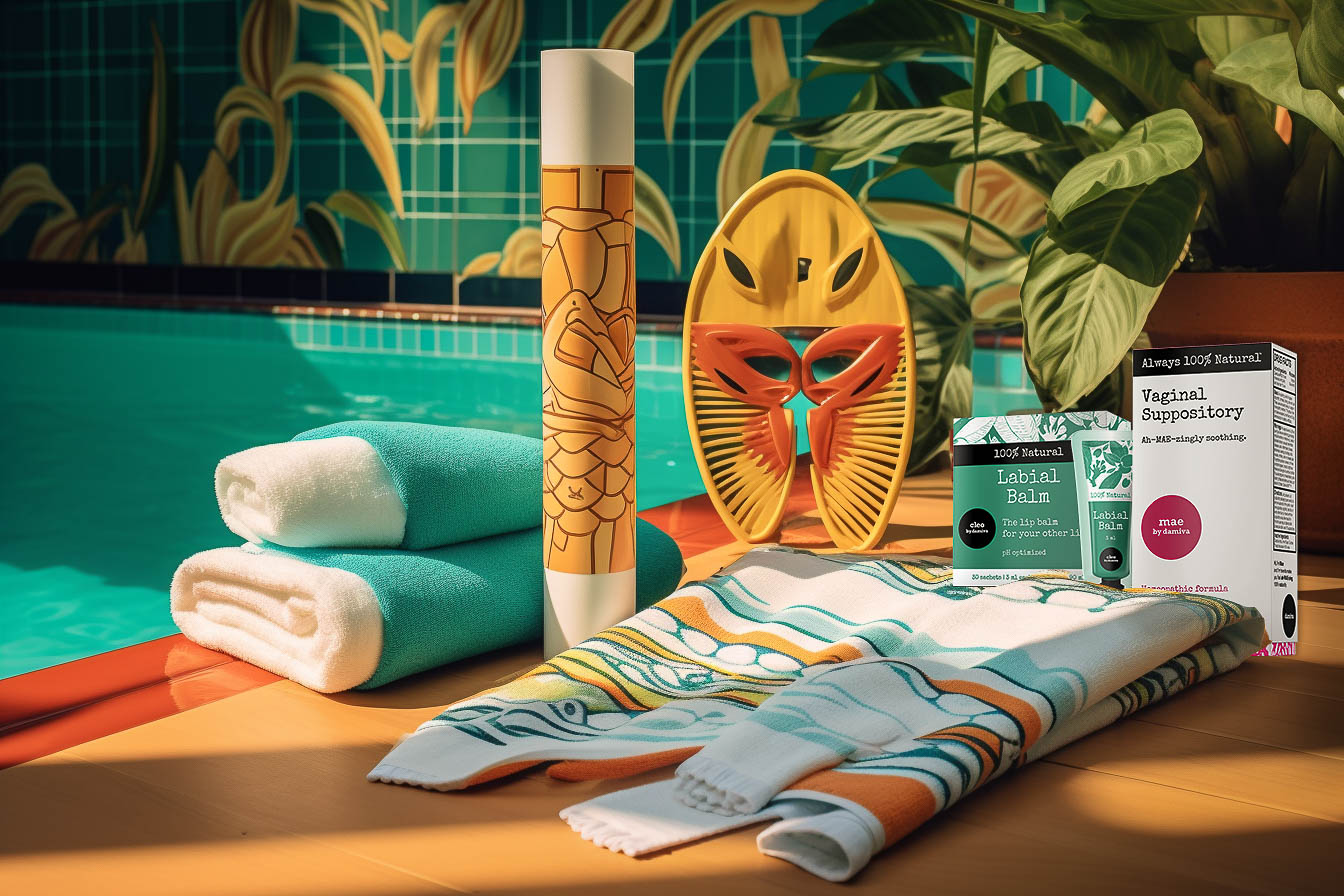
Conclusion
While chlorine plays an essential role in making our swimming sessions safe and enjoyable, understanding its impact on vaginal health is crucial. With knowledge, the right products like those from Damiva, and a sprinkle of humor, we can continue to enjoy our aquatic adventures without compromising our well-being.
To put it in a lighter vein, think of chlorine as that overenthusiastic friend – great in measured doses but a tad bit overwhelming when there’s too much of them around. With the strategies mentioned above, you can enjoy the pool parties and lap sessions, knowing you’re taking care of your intimate health.

Just as you wouldn’t dive into unknown waters without checking the depth, it’s essential to be aware of what you’re diving into when it comes to swimming pools. Remember, prevention is a swim cap, and knowledge is your goggles. So, suit up with *Damiva*, and dive in confidently!
Stay splashy, stay healthy!


